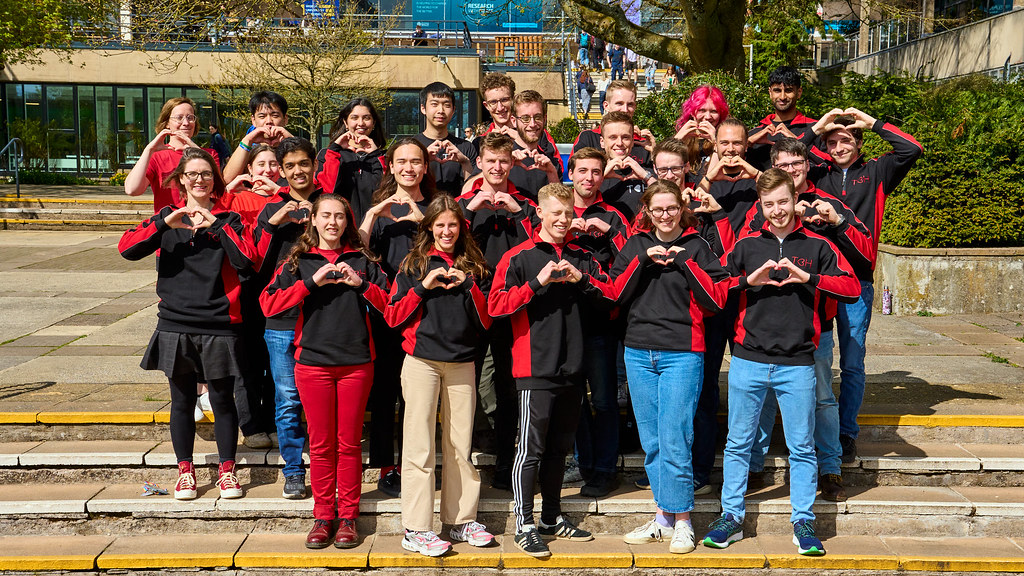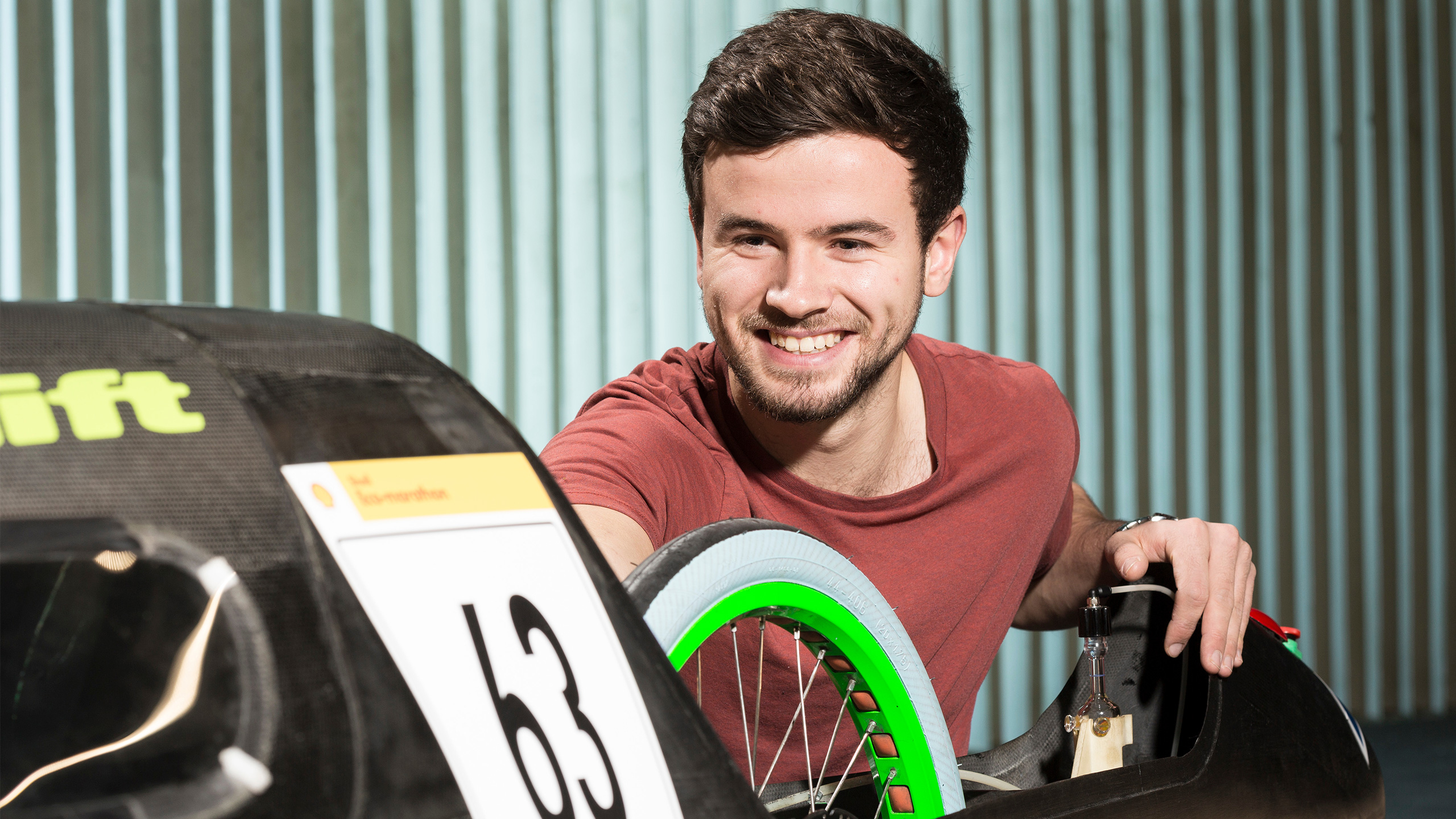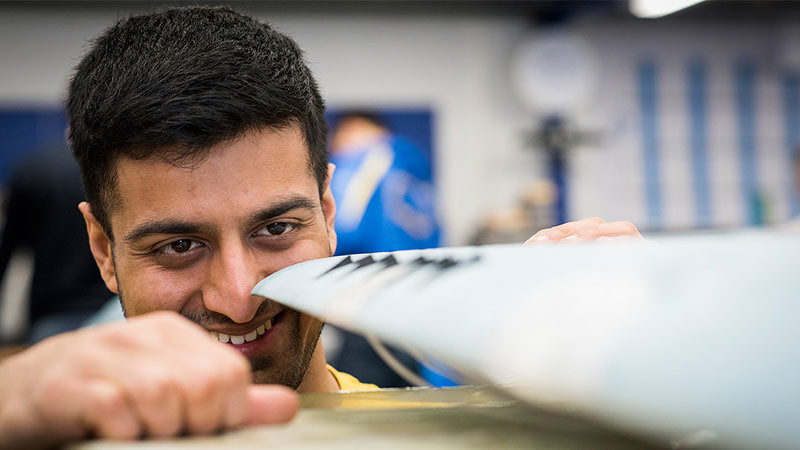The Heart Hackathon is an annual competition that challenges student teams to design a new Total Artificial Heart (TAH) and tackles one of the biggest challenges in heart transplantation: a global shortage of donors. This shortage results in waiting times becoming too long and unpredictable for patients needing a donor. An interim solution is for patients to be fitted with a TAH. But the two only options of TAH on the market right now are too expensive to be accessible for all the patients in need.
Team Bath Heart is a group of ambitious student engineers who have come together to work on this life-changing project. They are designing a cheaper but still effective solution to bridge the gap between the waiting period and the transplant surgery. Their aim is to save lives by reducing the risk of infection and improving the patient's overall quality of life while they wait for a suitable heart donor. This could be revolutionary for the future of healthcare.
Working in a multidisciplinary team

The team consists of students from various engineering disciplines in the faculty, and they have all brought their diverse backgrounds and expertise to the project. Under the guidance of academic supervisors, they have been working tirelessly to design and prototype a TAH that could be used as a long-term solution for patients suffering from final-stage biventricular heart failure.
TAH systems often cause complications such as haemolysis (blood damage), thromboembolism (moving blood clots), and infection. Our system aims to be as hemocompatible, and remove as many infection vectors as possible to reduce the risk of complications. — James Smith, MEng Integrated Mechanical and Electrical Engineering
During the project, each student has taken on a specific role within the team: from technical and design assistance to simulation, research, business management, and legal and regulatory compliance, covering all aspects of the development process. They have also received valuable support from academic staff, such as Dr Katherine Fraser, who has provided guidance in computational fluid dynamics (CFD) simulations.
The team has triumphantly won the top prize at the 1st Heart Hackathon held in Texas in October 2023. Their winning design incorporates advanced materials and a bag pumping mechanism for sophisticated blood handling and automatic flow rate adjustment, mirroring a real heart's response.
(The most enjoyable part is) working with great teammates and knowing that my efforts could help pave the way to a serious difference. — Alex Smith, MEng Integrated Design Engineering
Through this experience, the students have gained valuable knowledge and skills related to developing medical devices teamwork, and project management. They have also expanded their understanding of the human heart, CFD simulations, blood biology, and the challenges of working within a large, multidisciplinary team. These experiences will undoubtedly contribute to their overall degree and future careers in engineering and beyond.
I believe this project has contributed a lot to my degree experience. University collects so many creative and ambitious people and it's through these projects that you connect with them and learn from each other. — Caio Pasta, MEng Robotics Engineering
Looking into the future

Following their success, the team attended the International Society for Mechanical Circulatory Support (ISMCS) conference. Now with an expansion to 45 students from diverse fields, they are focusing on developing the next iteration of their design for the 2024 Heart Hackathon final.
When looking ahead to their journey after graduation, many of the team members plan to pursue careers in engineering, and potentially within the medical device industry. They also believe that their work on this new artificial heart has enhanced their understanding of engineering principles and their ability to collaborate effectively in diverse teams.
This project has given me a greater appreciation of the different activities that have to be done to create a medical device. I also have a greater appreciation of the business side of medical device companies now. I think this would help me to transition more easily into a medical device company in the future. — Naomi Francesca Scupham, MEng Mechanical Engineering with Placement
This artificial heart project is a testament to the power of collaboration and the innovative spirit of the students at Bath. By working together, these future engineers are pioneering new solutions in healthcare and pushing the boundaries of what is possible in medical device development.



